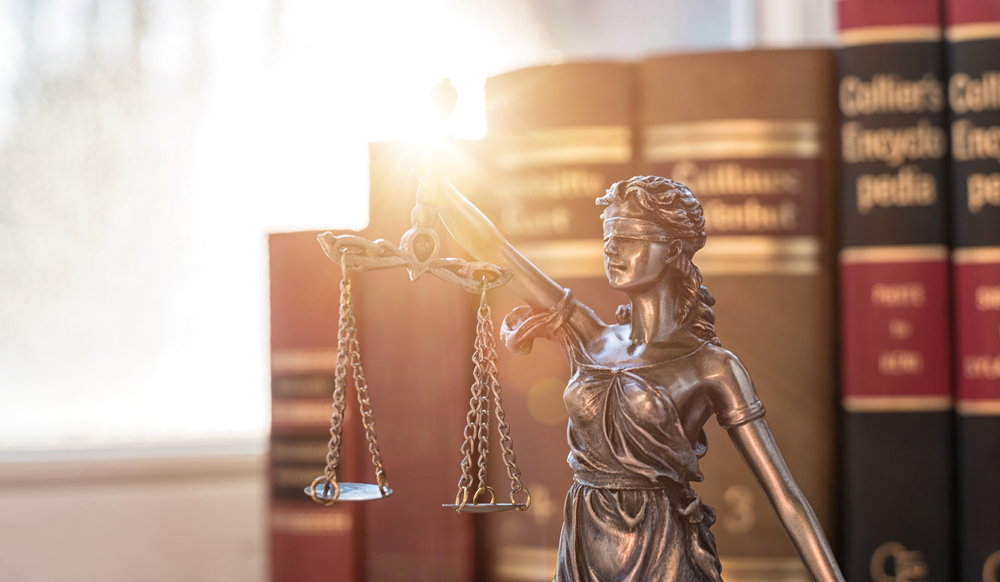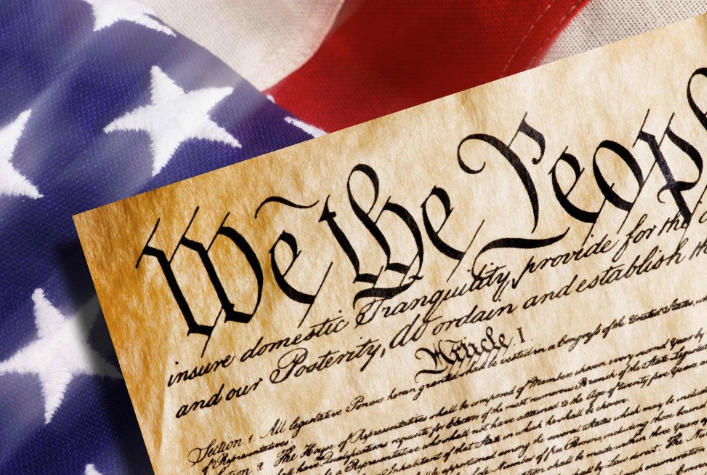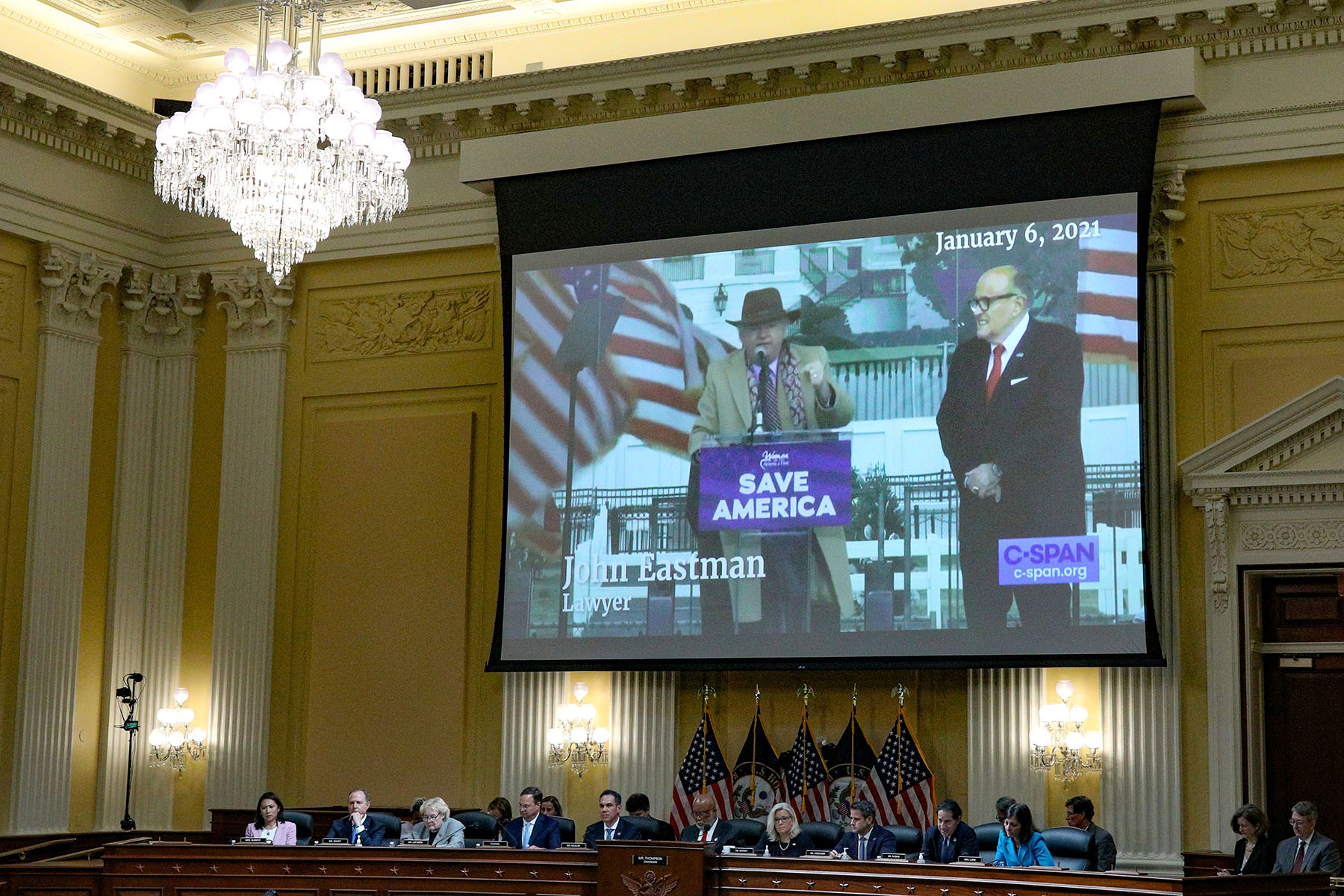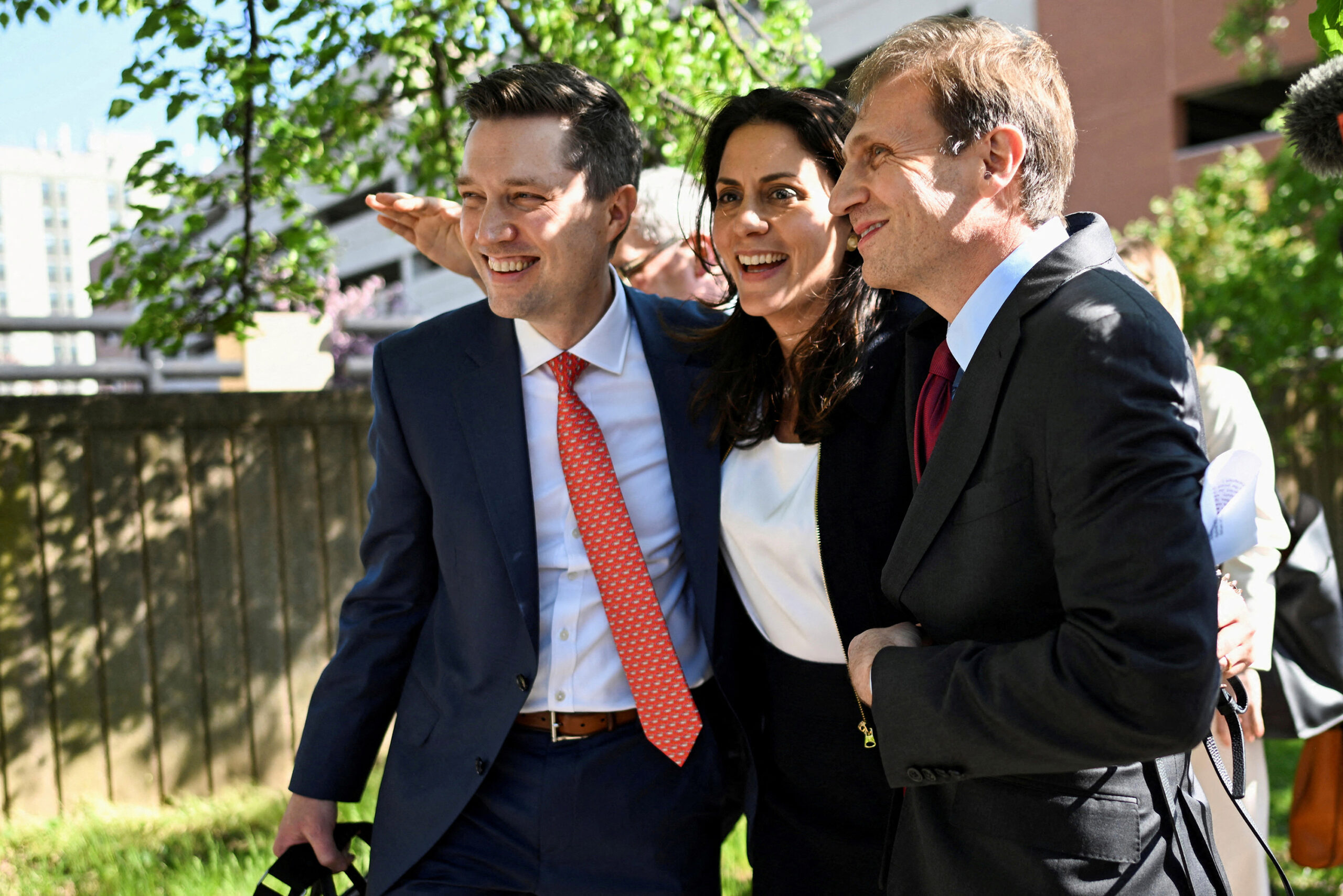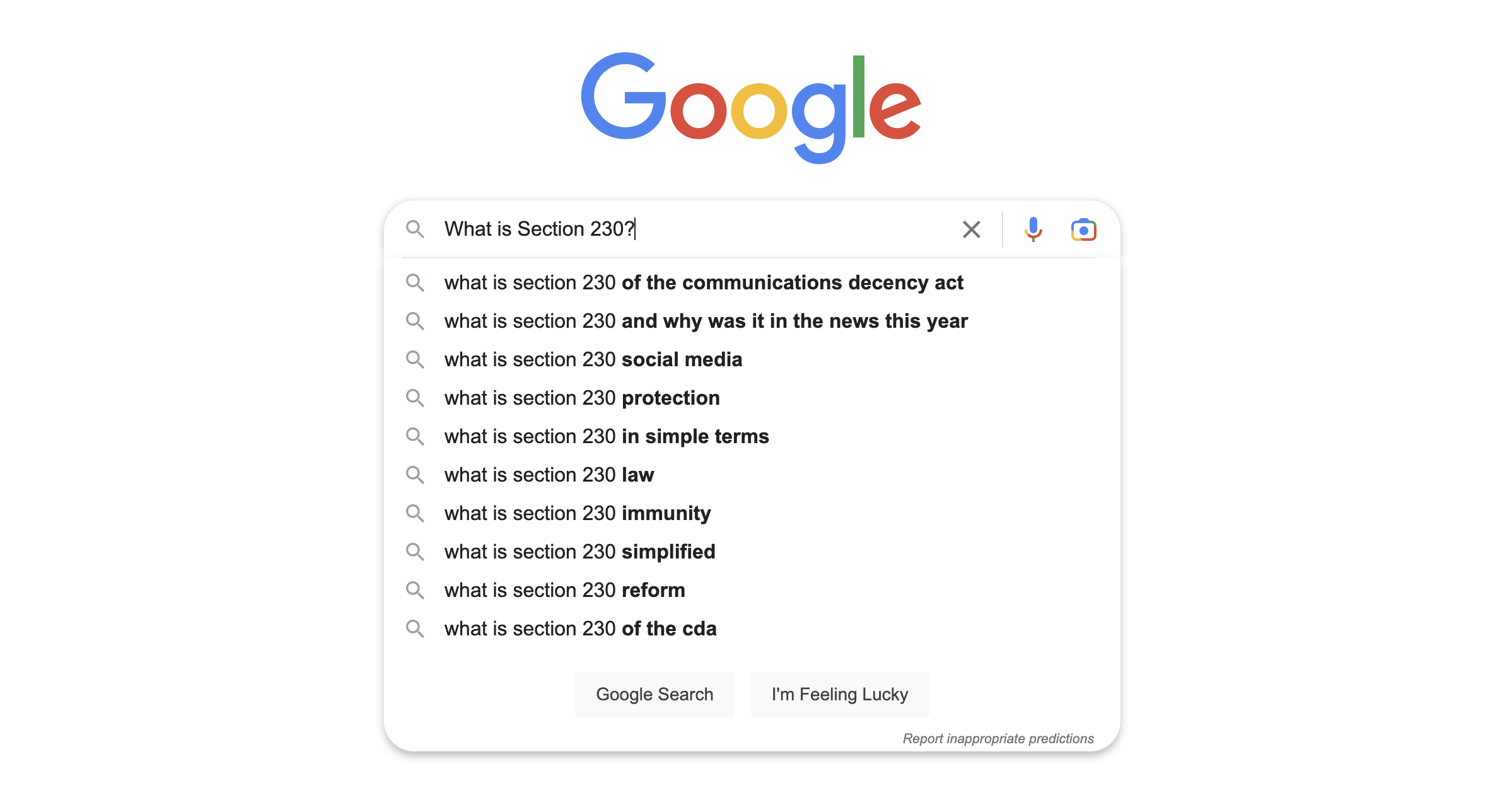By David L. Hudson, Jr.
A U.S. Supreme Court ruling creating a categorical bar on the free-speech rights of public employees who speak pursuant to their official job duties does not apply in the university classroom, a federal appeals court has ruled. The Sixth Circuit’s decision in Meriwether v. Hartop has received more attention for the underlying facts of the case—that Nicholas K. Meriwether, a philosophy professor at Shawnee State University in Portsmouth, Ohio, sued his university after receiving a written reprimand and a Title IX investigation for refusing to address a transgendered student by the student’s preferred pronoun.
However, the decision has greater significance in First Amendment law for the Sixth Circuit’s refusal to rely on Shawnee State’s First Amendment defense. The college relied, in part, on the U.S. Supreme Court’s decision in Garcetti v. Ceballos (2006), a decision in which the High Court drastically reduced the free-speech rights of public employees by creating a new categorical rule – “when public employees make statements pursuant to their official duties, the employees are not speaking as citizens for First Amendment purposes, and the Constitution does not insulate their communications from employer discipline.”
Garcetti fundamentally changed public employee free-speech jurisprudence. Previously, courts asked whether an employee spoke on a matter of public concern or importance rather than addressing a private grievance. If the employee spoke on a matter of public concern, then the court balanced the employee’s free-speech rights against the employer’s countervailing interests in efficiency. Garcetti created a new threshold bar and “Garcettized” many public employee free-speech claims.
In the Meriwether case, Shawnee State argued that Garcetti barred Meriwether’s free-speech claim because his college classroom expression fell within the ambit of official, job-duty speech. But, the Sixth Circuit rejected the application of Garcetti, writing: “Simply put, professors at public universities retain First Amendment protections at least when engaged in core academic functions, such as teaching and scholarship.”
The Sixth Circuit stated that it was joining three of its sister circuits—the Fourth, Fifth, and Ninth—that had reached similar conclusions in Adams v. Trustees of the University of North Carolina Wilmington, Buchanan v. Alexander, and Demers v. Austin. The Sixth Circuit emphasized the importance of academic freedom in the college and university context. It also warned that if Garcetti applied to college professors, universities could compel uniformity of thought:
“If professors lacked free-speech protections when teaching, a university would wield alarming power to compel ideological conformity. A university president could require a pacifist to declare that war is just, a civil rights icon to condemn the Freedom Riders, a believer to deny the existence of God, or a Soviet émigré to address his students as ‘comrades’.”
The Sixth Circuit’s decision to rule Garcetti inapplicable in the university classroom setting is encouraging. As I explained in a recent law review article, the U.S. Supreme Court should clarify that Garcetti has no place when it comes to teaching and scholarship. Academic freedom should be the rule, not the exception.
Tags
